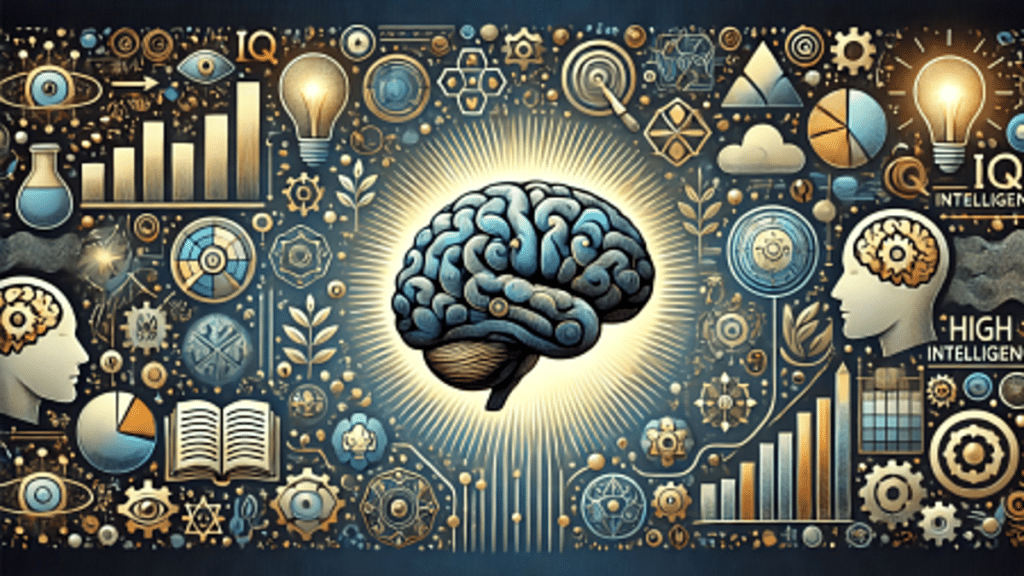Intelligence is a complex and multifaceted trait, and while IQ tests provide one way to measure it, there are subtle indicators in everyday life that can reveal a high IQ. These signs often manifest in behavior, problem-solving abilities, and even personality traits. Below, we explore key factors that might suggest an elevated IQ.
Intelligence is a complex and multifaceted trait, and while IQ tests provide one way to measure it, there are subtle indicators in everyday life that can reveal a high IQ. These signs often manifest in behavior, problem-solving abilities, and even personality traits. Below, we explore key factors that might suggest an elevated IQ.
Strong Problem-Solving Skills
One of the most common signs of high intelligence is the ability to solve problems efficiently. Highly intelligent individuals tend to:
- Analyze situations from multiple angles.
- Break down complex issues into manageable parts.
- Find innovative solutions, often thinking outside the box.
Their approach to challenges often reflects a mix of creativity and logic, hallmarks of a sharp mind.
Excellent Memory and Learning Ability
People with high IQs are typically quick learners. They retain information easily and can connect new knowledge to existing concepts. This ability is especially evident in:
- Picking up new skills, such as languages or musical instruments.
- Remembering small details from conversations or experiences.
- Quickly understanding abstract or technical ideas.
Curiosity and Love for Learning
A high IQ often comes with an insatiable curiosity. Intelligent individuals constantly seek to expand their knowledge by:
- Asking deep, thought-provoking questions.
- Exploring topics beyond their immediate interests.
- Reading extensively on a wide variety of subjects.
This desire to learn demonstrates a genuine passion for understanding the world.
Adaptability and Open-Mindedness
Flexibility in thinking is another indicator of high intelligence. People with elevated IQs are open to new ideas and can adapt their perspectives when presented with compelling evidence. This is reflected in their ability to:
- Navigate changing circumstances effortlessly.
- Engage in meaningful debates without becoming defensive.
- Embrace innovation and unconventional approaches.
Strong Emotional Intelligence
While IQ measures cognitive ability, emotional intelligence (EQ) often accompanies a high IQ. This combination allows individuals to:
- Understand and manage their emotions effectively.
- Empathize with others and build strong relationships.
- Communicate clearly and resolve conflicts with ease.
Their balance of logic and emotional awareness sets them apart in personal and professional settings.
Preference for Solitude
Many highly intelligent individuals enjoy spending time alone. Solitude gives them space to think deeply, reflect, and recharge. They often use this time to:
- Explore creative ideas or work on personal projects.
- Engage in hobbies that require focus, such as writing, painting, or coding.
- Plan and strategize for future goals.
This trait doesn’t mean they dislike people but rather that they value their own company.
Keen Observation and Attention to Detail
High IQ individuals are often highly observant. They notice patterns, inconsistencies, and subtleties that others might overlook. This skill allows them to:
- Spot opportunities and risks before others do.
- Make connections between seemingly unrelated ideas.
- Solve problems with precision and insight.
If you’re curious to know where you stand, you can test your IQ today at IQ Tester. Understanding your cognitive abilities is not just fascinating but also empowering!
This list of traits shows that intelligence goes far beyond test scores, often manifesting in ways that enrich life and enhance one’s ability to adapt and thrive.
